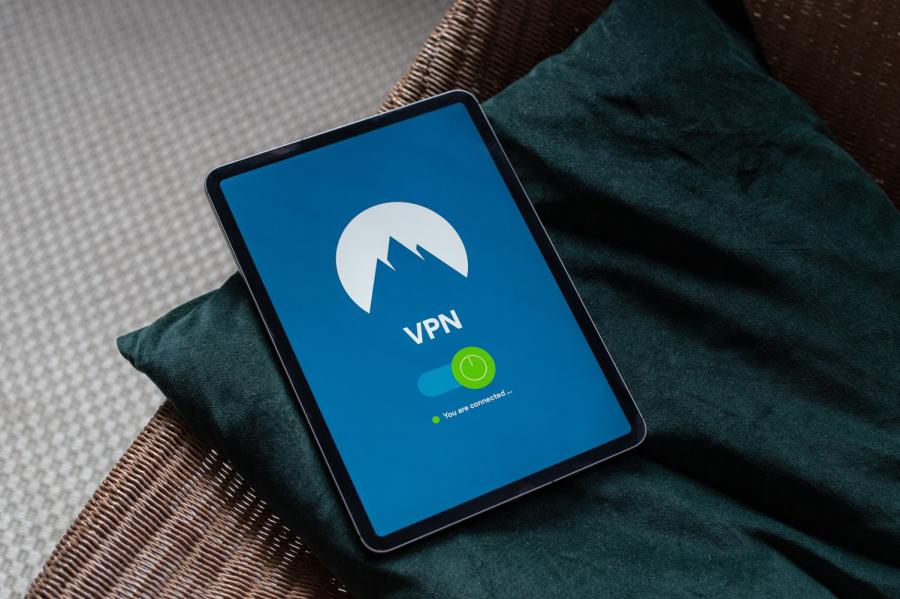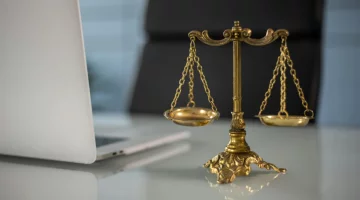The Law on Using VPNs: Is It Legal to Use a VPN?

VPN is a great tool for online security and privacy. It can also help us bypass geo-restrictions and online censorship. However, is it legal to use a VPN? In this article, we will discuss the law on using VPNs.
What Is VPN?
VPN stands for Virtual Private Network. In a nutshell, a VPN protects your internet connection from data surveillance by people who could want to use your internet connection for purposes you don’t want them to.
How do I use a VPN?
VPNs come in a variety of flavors and varieties, ranging from the free VPN software which is easy to install to paid VPNs that cost a lot of money. Using a VPN is kind of like using a tin can to block data from being collected on your internet connection. To use a VPN, you just download and install the VPN software or mobile APP. When you went to use it, you can choose a VPN server and connect to it.
Benefits of Using a VPN
Thanks to the emergence of VPNs, internet privacy has never been this good. There are a number of reasons to use a VPN.
You can use VPN to protect your online activities from monitored or accessed by hackers. You can also use a VPN to bypass geo-restrictions by connecting VPN servers in other countries. For example, a Japan VPN will allow you to pretend to be visiting the internet from Japan. For this purpose, please have been looking for the best VPN for Netflix to access Netflix libraries from other countries.
In addition, a VPN can be used to bypass online censorship. For example, you have to reply on one of the best VPNs for China to unblock websites such as Google and Twitter in China. "VPN推荐" (or VPN recommendations) is a popular search terms for Chinese internet users.

Is It Legal to Use VPNs?
A VPN is not illegal in itself. It's just a way for an internet user to mask their IP address, making it harder to trace where they are. In other words, a VPN allows internet users to access the internet anonymously. There are no laws that forbid internet users from using a VPN. However, a VPN can be used for illegal things like child pornography and piracy.
While using a VPN is not illegal in itself, there are laws that can be used to prosecute or target people who are using it for illegal purposes. In some countries, it's illegal for internet users to not only have an anonymous IP address but also use a VPN. Laws in the US are similar to those in Europe. For instance, some US states require that internet users use a VPN to access certain websites, like those dealing with gambling.
VPN laws in different countries
When using a VPN in a particular country, the right to privacy also depends on the laws of that country. In some countries, VPN is illegal to use. Laws against VPN can vary from country to country and a lot of them have been changed. Most VPN providers, both in online and offline business, have a certain amount of money invested in it, making the company vulnerable to certain laws. It is very unlikely that such a company is going to break any laws. Therefore, those countries where there are no restrictions on VPN are considered safer for using it.
United States & Canada
Currently there are no laws restricting or prohibiting the use of VPNs in the United States and Canada.
China
Using VPN in China is difficult because the so-called Great Firewall of China not only blocks websites but also block VPN traffic. Most VPN don't work in China. In China it's illegal to provide VPN services without the government's approval. Although it's not clearly whether it's illegal to use VPNs in China, in recent years there were a number of cases in which people were fined or using VPNs in China.
Pakistan
In Pakistan, a VPN can be used in Pakistan without a license. However, using a VPN for any unlawful purposes could land you in jail.
Malaysia
In Malaysia, an activity is illegal only when it’s deemed unlawful by the government. VPN services are not regarded as illegal unless the specific act of using it is against the law.
UK
In the UK, there are certain activities which can be considered illegal, including activities that could damage society, such as vandalising telephone or internet cables. However, there are certain activities which are not illegal unless it is defined as illegal by law, such as downloading pornographic material.
Conclusion
In general, you can use a VPN on your desktop computer without legal trouble, but make sure that you do not violate any local laws. If you’re a business owner, make sure to follow the local laws, since they will probably affect your business.
More to Read:
Previous Posts:



